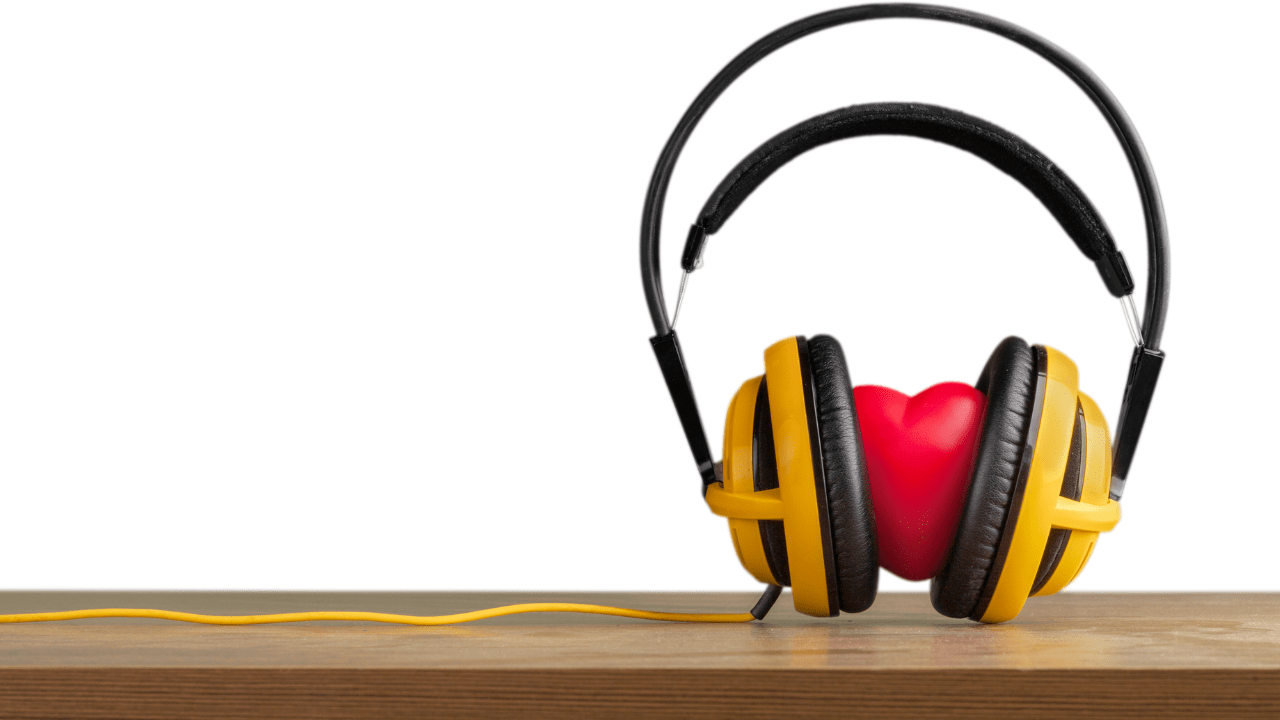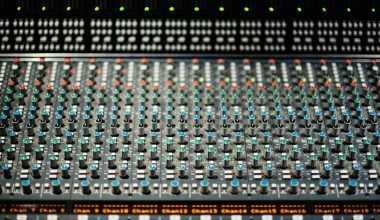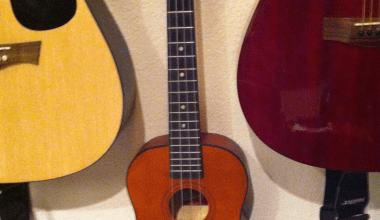If you love listening to music and care about sound quality, you’ve probably heard of FLAC. (flac full form) But what is FLAC, and why does everyone talk about it? Don’t worry! I’ll explain it in the simplest way possible.
FLAC stands for Free Lossless Audio Codec. It’s a type of file used to store music or audio. The cool part about FLAC is that it doesn’t lose any sound quality even when the file size is reduced. It’s like squeezing a sponge—the sponge gets smaller, but when you add water, it goes back to its original size. Amazing, right?
Now, let’s dive deeper into FLAC and why it’s becoming so popular among music lovers.
FLAC Full Form and What It Means
The full form of FLAC is Free Lossless Audio Codec. Let’s break it down:
- Free: You don’t have to pay to use FLAC. It’s open-source, meaning anyone can use or improve it.
- Lossless: This is the magic word. It means FLAC keeps all the original audio details, unlike MP3, which removes some parts to make the file smaller.
- Audio Codec: This is just a fancy way of saying it’s a system for compressing and decompressing audio files.
So, FLAC gives you high-quality music that sounds exactly like the original recording, but it’s smaller in size compared to uncompressed formats like WAV.
Why Do People Love FLAC?
People love FLAC audio because it solves two problems:
- It sounds amazing. FLAC files capture every detail of the music. If you’re someone who loves hearing every beat, strum, or vocal, FLAC is for you.
- It’s smaller in size. FLAC compresses the file without losing quality, so it saves space on your devices while still sounding great.
What Makes FLAC Different from Other Formats?
There are many audio formats, like MP3, WAV, and AAC. Here’s how FLAC compares:
FLAC vs. MP3
- MP3 is a “lossy” format. This means it throws away some parts of the audio to make the file smaller. While it’s okay for casual listening, it doesn’t give the same rich experience as FLAC.
- FLAC, on the other hand, keeps all the details. If you love listening to music the way it was recorded, FLAC is the better choice.
FLAC vs. WAV
- WAV is uncompressed, so it has the best sound quality, but the files are huge!
- FLAC compresses the audio, making it smaller while keeping the same quality as WAV. It’s like having the best of both worlds.
FLAC vs. AAC
- AAC is better than MP3 but still a “lossy” format.
- FLAC wins again because it’s lossless, meaning no details are lost during compression.
How Does FLAC Work?
Think of FLAC as a magical box. When you put high-quality audio into the box, FLAC compresses it to save space. But when you take the audio out of the box, it comes out exactly as it was, with no loss of quality.
Here’s how it happens:
- FLAC removes any unnecessary parts that don’t affect sound quality.
- It then compresses the file, reducing its size by up to 50%.
- When you play the file, it decompresses the audio in real-time, so you hear every detail as if you were listening to the original recording.
Who Should Use FLAC?
Music Lovers (Audiophiles)
If you’re someone who enjoys every little detail in music, like the sound of a guitar string being plucked or a singer’s soft breaths between lines, FLAC is perfect for you.
Musicians and Producers
FLAC is great for storing master recordings because it keeps the quality intact. It’s also a good format for sharing high-quality audio with collaborators.
Regular Listeners
Even if you’re not an audiophile, you can enjoy the improved sound quality of FLAC on good headphones or speakers.
Where Can You Find FLAC Files?
Many online platforms and services now offer FLAC audio files for download or streaming. Here are some popular ones:
- Bandcamp: Great for independent music.
- TIDAL: Offers FLAC streaming with their HiFi subscription.
- HDtracks: Specializes in high-resolution FLAC downloads.
Devices and Software That Support FLAC
Most modern devices support FLAC, including smartphones, computers, and music players. Here’s a quick list of options:
Devices:
- Smartphones (many Android phones and some iPhones with apps).
- High-resolution music players like Fiio or Astell&Kern.
- Smart TVs and home theater systems.
Software:
- VLC Media Player: A free app that plays almost any audio format.
- Foobar2000: Lightweight and customizable for music lovers.
- Audacity: Great for editing FLAC files.
Benefits of Using FLAC
1. High-Quality Sound
FLAC preserves every detail, making your music sound rich and full.
2. Saves Storage Space
While FLAC files are bigger than MP3, they’re much smaller than WAV, saving you storage space.
3. Open and Free
You don’t need to pay to use FLAC, and there are no restrictions on how you use it.
4. Widely Compatible
FLAC works on many devices and platforms, making it easy to enjoy your music anywhere.
How to Convert Audio to FLAC
Want to turn your existing audio files into FLAC? Here’s how:
- Download a converter like Audacity or dBpoweramp.
- Open your file in the converter.
- Choose FLAC as the output format.
- Save the file—and you’re done!
Why FLAC is the Future of Audio
With more people wanting better sound quality, FLAC is quickly becoming the standard for high-resolution audio. Streaming services like TIDAL and Amazon Music HD are already using FLAC to deliver better sound experiences.
Tips for Enjoying FLAC Audio
- Invest in Good Headphones or Speakers: To really appreciate FLAC, you need quality audio equipment.
- Use a Compatible Player: Apps like VLC or Foobar2000 work perfectly with FLAC files.
- Organize Your Music: FLAC files can be large, so keep them organized to avoid clutter.
Frequently Asked Questions About FLAC
1. Is FLAC better than MP3?
Yes, FLAC offers much better sound quality because it doesn’t lose any audio data.
2. Can I play FLAC files on my phone?
Yes! Many modern phones can play FLAC files, but you might need an app like VLC.
3. Are FLAC files large?
They’re larger than MP3 files but much smaller than uncompressed formats like WAV.
4. Is FLAC free?
Yes, FLAC is free and open-source.
Conclusion: Why FLAC is Worth It
FLAC is a fantastic option for anyone who values sound quality. Whether you’re a music lover, a professional musician, or just someone who wants to hear music the way it was meant to be heard, FLAC audio delivers.
So, next time you download or stream music, look for the FLAC full form and give it a try. You’ll notice the difference—and your ears will thank you!
Related Articles:
For further reading, explore these related articles:
- Learn Music at Home: A Simple and Easy Guide
- What is Rap Music? A Simple Guide for Everyone
- Symphonic Distribution: Helping Your Music Reach the World
For additional resources on music marketing and distribution, visit Deliver My Tune.






